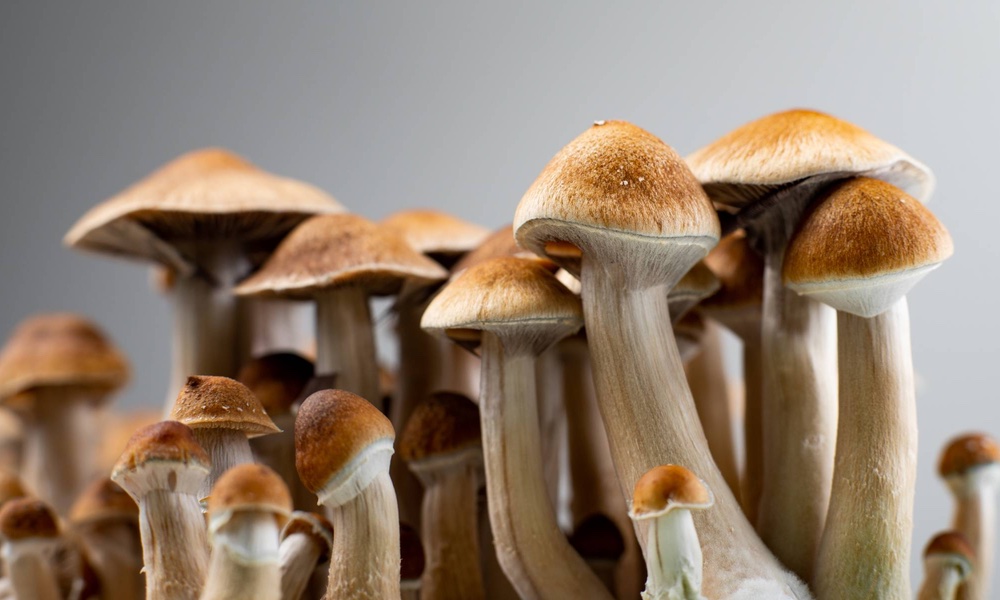Psilocybin is enjoying a scientific re-awakening. The latest findings by an international team of researchers working with the Microdose.me project — a worldwide self-reporting study on the effects of psychedelic substances based at the University of British Columbia — are enlightening.
The group’s research shows that people who reported taking microdoses of psilocybin, often known as “magic mushrooms,” enjoyed greater improvements in their mood, mental health and psychomotor abilities than those who did not microdose.
Microdosing psychedelics is the practice of consuming very low, sub-hallucinogenic doses of a psychedelic substance including psilocybin.
Researchers followed 950 participants who took regular small amounts of psilocybin and a second group of 180 people who didn’t take any mushrooms. Both groups completed assessments that measured mental health symptoms, mood and cognition.People taking microdoses of psilocybin showed more improvement in their mood, mental health and psychomotor ability.
A smartphone finger tap test was used to measure psychomotor ability. The measurement of psychomotor ability is commonly used as a marker for neurodegenerative disorders, including Parkinson’s disease, because it involves physical movement related to conscious thought.
The results of the study were unambiguous. Those participants who were microdosing showed more improvement in their mood, mental health and psychomotor ability over the one-month period, in comparison with their non-microdosing peers who completed the same assessments. This was especially true for adults who were 55 and older.
Zach Walsh, who led the study and teaches in the Irving K. Barber Faculty of Arts and Social Sciences at UBC, explained why their study was so significant: “This is the largest longitudinal study of this kind to date of micro-dosing psilocybin and one of the few studies to engage a control group.”
Such large studies on the potentially psychedelic mushroom may be a new endeavor among researchers, but the mushrooms have a long history of use, particularly among certain Indigenous peoples. They’ve also been a favorite among spiritual seekers and those in Western culture just interested in its psychedelic effects. This, despite the fact that it was labeled an illicit substance during the so-called “war on drugs” initiated in 1971.
“Our findings of mood and mental health improvements associated with psilocybin micro-dosing align with previous studies of psychedelic micro-dosing and add to them through the use of a longitudinal study design and large sample that allowed us to examine consistency of effects across age, gender and their mental health,” said Joseph Rootman, a UBC doctoral student, who co-led the study.
Depression and anxiety can be serious illnesses that may interfere with daily life — and they affect a lot of people. According to 2019 estimates, approximately 5 percent of the world’s adult population of 7. 87 billion people suffer with these conditions, but a sizeable number of this population aren’t helped with existing treatments.
That’s reason enough for researchers to explore different avenues of treatment including microdosing with psilocybin mushrooms. It may not be magic, but if it works, it can feel that way.
The study is published in Scientific Reports.





